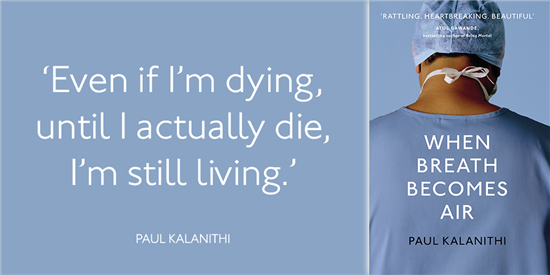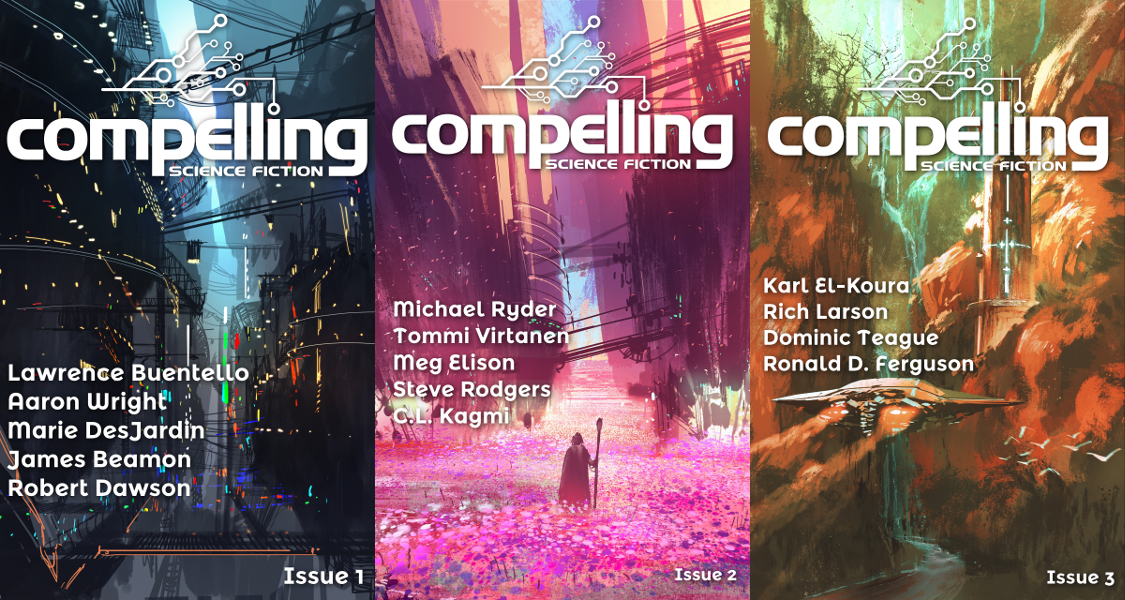A book recommended to me during a coffee conversation. I finished it in a weekend, mainly because it kept moving, was relatively short, and the language was beautiful.
Paul Kalanithi was a Stanford neurosurgeon-oncologist. During his last year of residency of what was to become a brilliant neurosurgery career, he was diagnosed with stage-IV lung cancer. He took this life-juncture as a chance to revisit his first passion, writing, which he gave up in the pursuit of medicine. With his remaining time becoming ever more precious, he paused his medical career to make room for a memoir. He ultimately succumbed to the affliction he trained over a lifetime to fight against, but he left behind a beautiful legacy in his words, those he touched, and in those he saved.
Walking with Paul through his memoir is a sublime journey. His words are chosen carefully and show the economy of a writer who knows he has precious few words left. There is little if any wasted exposition. His chapters follow a roughly chronological path, each revealing a touching vignette in his journey from aspiring neurosurgeon, to cancer patient, to cancer survivor, to cancer relapser. The tone and perspective of the author changes noticably as the story goes on, partially because Kalanithi’s health continues to deteriorate as he reaches the end of his book, but also because he’s masterful at searching deep and reliving the epoch of his life he’s writing about. The result is a redemptive journey where Paul gifts the reader with a taste of what it’s like to endure and grow in the face of a crippling terminal illness.
Do yourself a favor and read When Breath Becomes Air. It’s a moving read that will certainly cause you to re-evaluate your current priorities (as any book on cancer, illness, or suffering would), but furthermore, it’s just a genuinely enjoyable read. The words of a dying man are all the more poignant.
This book reminded me heavily of two other cancer related works:
- The Fault in Our Stars by John Green - I heard the movie was full of teenage sappy romance, but I felt legitimately moved by the author’s first person portrayal of suffering and soldiering on in the face of severe crushing adversity. I highly recommend Green’s book and may read it again.
- 50/50 A much more light hearted comedy about cancer. How could it not be with Seth Rogan and Joseph Gordon-Levitt? There’s a heart-warming redemption arc in this work as well. Both these works do a great job at showing the banality of dealing with suffering on a everyday basis, yet also the profound insights to be gleaned from that struggle.
Disclaimer: The links above bring you to Amazon products that if purchased, help support this blog.


